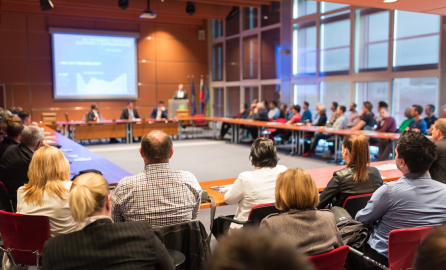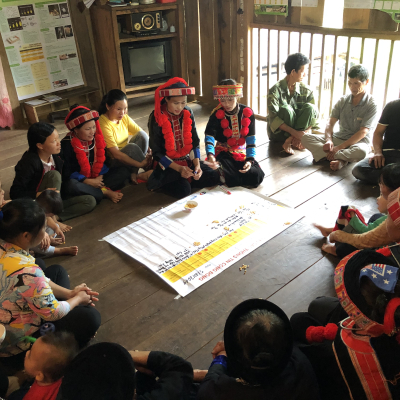The European Commission invited representatives from civil society and local government authorities from the European Union and partner countries to Brussels recently in order to improve consultation with respect to EU development policies and programmes.
The two day ‘Policy Forum on Development’ event brought together over 100 individuals from civil society organisations (CSOs) and local authorities (LAs) in the EU, Latin America, Africa and Asia, together with specialist speakers and relevant EC staff.
“I think it’s becoming the norm that civil society organisations are included in this kind of international or regional policy making forum,” said Katsuji Imata, acting Secretary General of CIVICUS, the World Alliance for Citizen Participation.
According to Mr Imata, civil society representatives have an important role to play in shaping development policies as they are in touch with communities on the ground that have experienced what has worked – and what has not worked – in development planning over the last few decades.
“How can we make sure that people on the ground have a voice in these forums? Usually, through CSOs working as intermediaries,” said Mr Imata.
The Policy Forum on Development was organised as a follow-up to the EC’s ‘Structured Dialogue for an efficient partnership in development’, launched in March 2010. That structured dialogue brought together over 700 CSOs and LAs for consultation with representatives from the EU Parliament and EU Delegations to find ways to improve aid effectiveness in EU development cooperation.
The Commission is committed to enhancing regular dialogue and consultations with CSOs, which is one of the principles stated in the Lisbon Treaty. To date, consultations with CSOs have found a strong demand for three cores areas: enabling environment, domestic accountability and capacity development support from the Commission.
For that latest pillar, European CSOs and Local Authorities can play an important role in supporting the capacity of their developing country partners through peer learning and sharing of knowledge and innovations and the flow of ideas should travel in both directions.
“The Policy Forum has already produced a very good result,” said Eugene Zapata Garesche, International Adviser to the Mayor of Mexico City. The European Institutions that work in development “have opened the door for an open, transparent and very trustful conversation about European cooperation and aid policies,” he added.
But there are important challenges. "We would expect the forum to let us influence and modify current practices in international aid” said Mr Zapata Garesche. The traditional aid model "is very paternalistic [and relies upon] donor-beneficiary mind frames that no longer adapts to the current situation of the world [and] we would expect the forum to go beyond words and turn its good intentions into actions.”
This collaborative piece was drafted with input from Erika Pasquini, Virginia Manzitti and Renée Zandvliet with support from the capacity4dev.eu Coordination Team.



Log in with your EU Login account to post or comment on the platform.